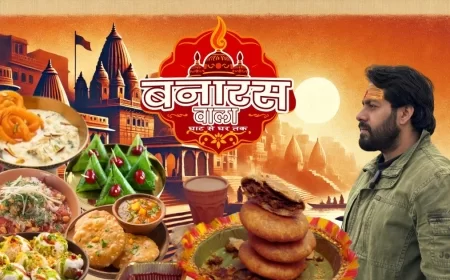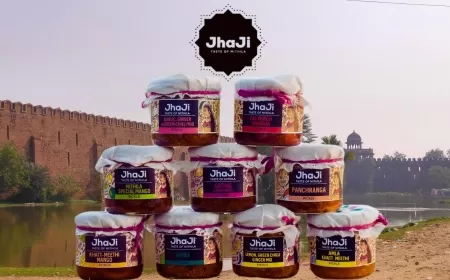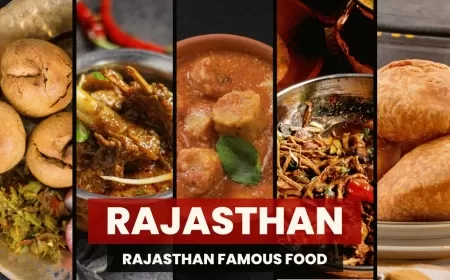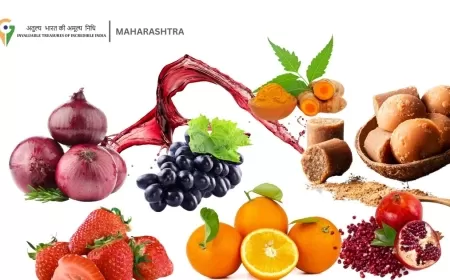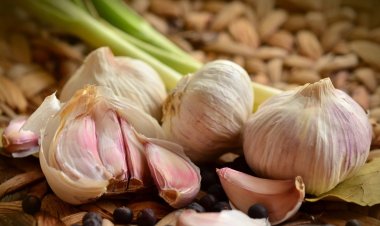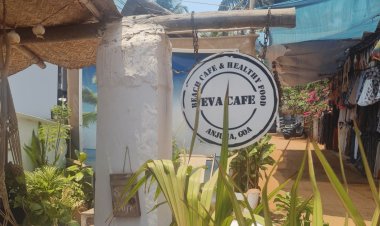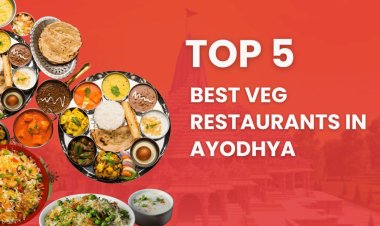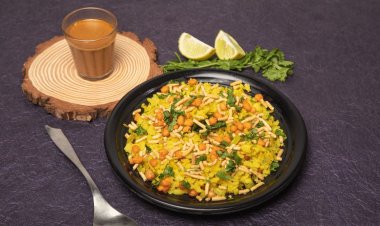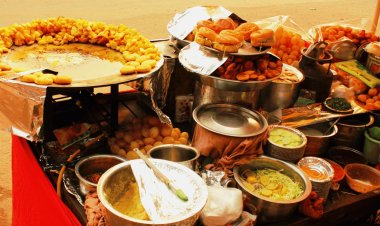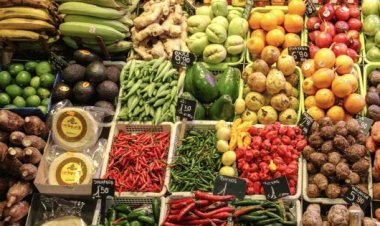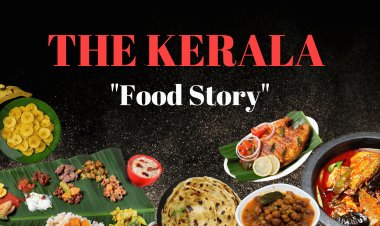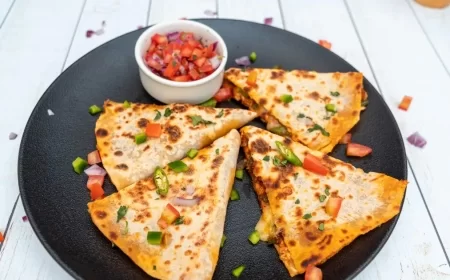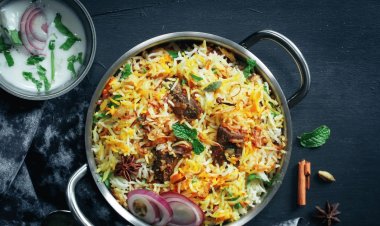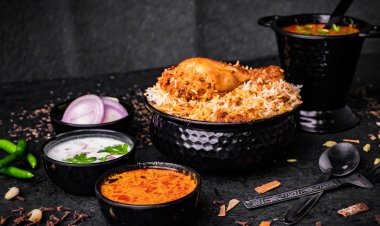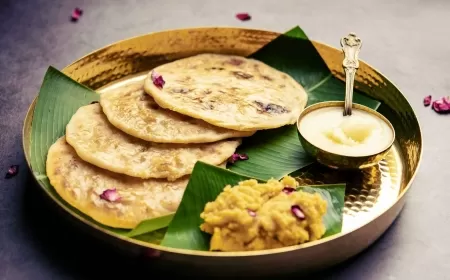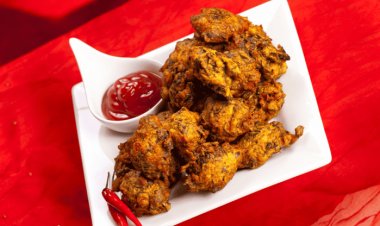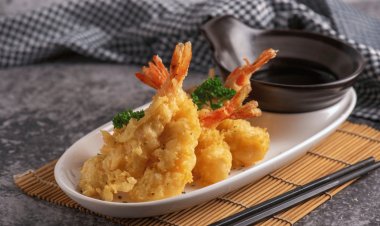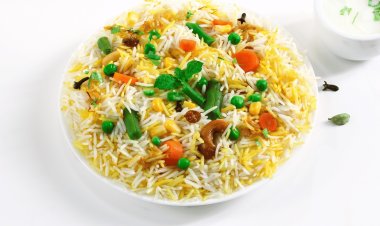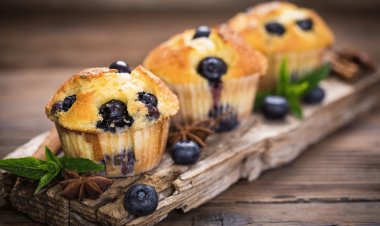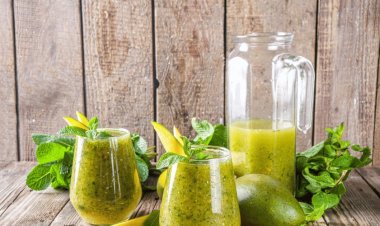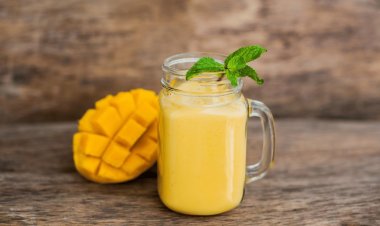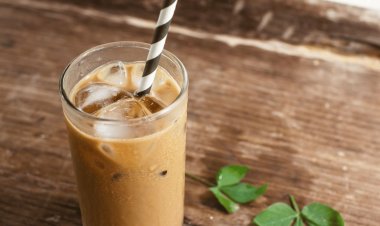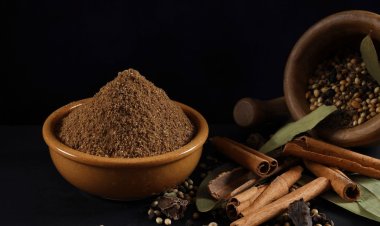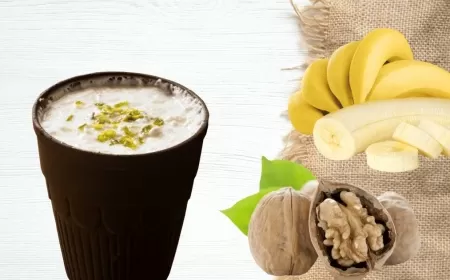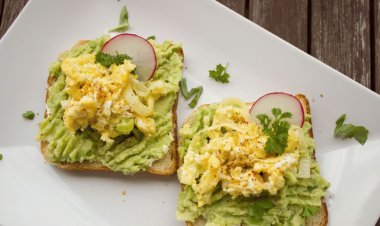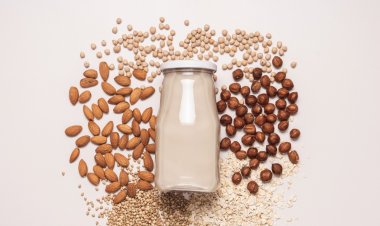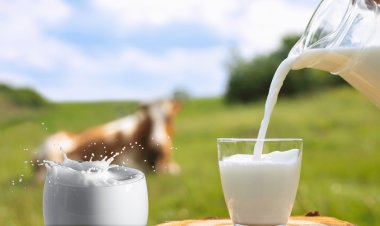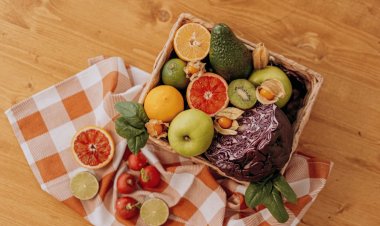Fuel Your Body with These Top 5 Vegan Foods for Optimal Health and Well-Being
Looking to improve your health and well-being with a plant-based diet? Check out these top 5 vegan foods to include in your meals for optimal nutrition and delicious flavor!

Synopsis:-
This article presents the top 5 vegan foods to include in a nutrient-rich diet for optimal health and well-being. It highlights the benefits of a vegan diet and provides information on the nutritional value and different ways to use each food item.
For ethical, health, or environmental purposes, vegans abstain from eating animal products. While eating only plants may have some health advantages, it may also increase some people's chance of nutrient deficiencies, particularly when vegan diets are poorly planned.
Consuming a nutrient-rich diet made up of whole and fortified foods is crucial for vegans who want to remain healthy. According to studies, vegans have healthier hearts and a reduced risk of contracting particular diseases. Skippers of meat are less likely to gain weight or develop heart disease, excessive cholesterol, or high blood pressure. Additionally, vegans have a lower risk of developing diabetes and certain types of cancer, particularly gastrointestinal, breast, ovarian, and prostate cancer.
Top 5 Vegan Foods
Buckwheat (Kuttu)

One of the best sources of plant protein is buckwheat. It is gluten-free and provides approximately 5 g of the macronutrient per 100 g. Buckwheat is a great addition to the list of high-protein vegan foods because it is packed with fiber and nutrients like magnesium, phosphorus, niacin, zinc, folate, and vitamin B6. Make healthy plant-based recipes using it as buckwheat flour (kuttu ka atta), buckwheat flakes, pasta, or groats. We generally use this flour during fasting for making "kuttu ki puriyan."
Sprouted grains

Wheat, barley, millet, lentils, and soybeans are examples of sprouted whole cereals and legumes. Sprouted grains are a particularly high biological value protein for vegetarians and give the body enough energy. Sprouting legumes and lentils is especially convenient and inexpensive. Also, it is an essential part of the Indian platter.
Brown and wild rice

While still mainly carbohydrates, brown and wild rice also have a respectable amount of protein—4g per 100g—and are excellent sources of fiber.

All beans, peas, and lentils are considered pulses because they are edible seeds that develop in pods. These offer lots of variety and are a wonderful source of low-fat, affordable plant protein.

Speaking of chickpeas, what can't you make with these versatile legumes? Chickpeas contain a respectable amount of vitamins, minerals, and carbohydrates. They also offer a good quantity of protein and fiber. Chickpeas may help you feel fuller for longer and ingest fewer calories during meals because of their high protein and fiber content.
If you follow a vegan diet, you must consume the right foods to maintain healthy levels of energy and well-being. Some people might believe that doing this without typical animal-based goods is a little more difficult, but this is untrue. Give these vegan meals a try, and you can create countless combinations and delight in them.
What's Your Reaction?
 Like
22
Like
22
 Dislike
0
Dislike
0
 Love
5
Love
5
 Funny
0
Funny
0
 Angry
0
Angry
0
 Sad
0
Sad
0
 Wow
10
Wow
10













